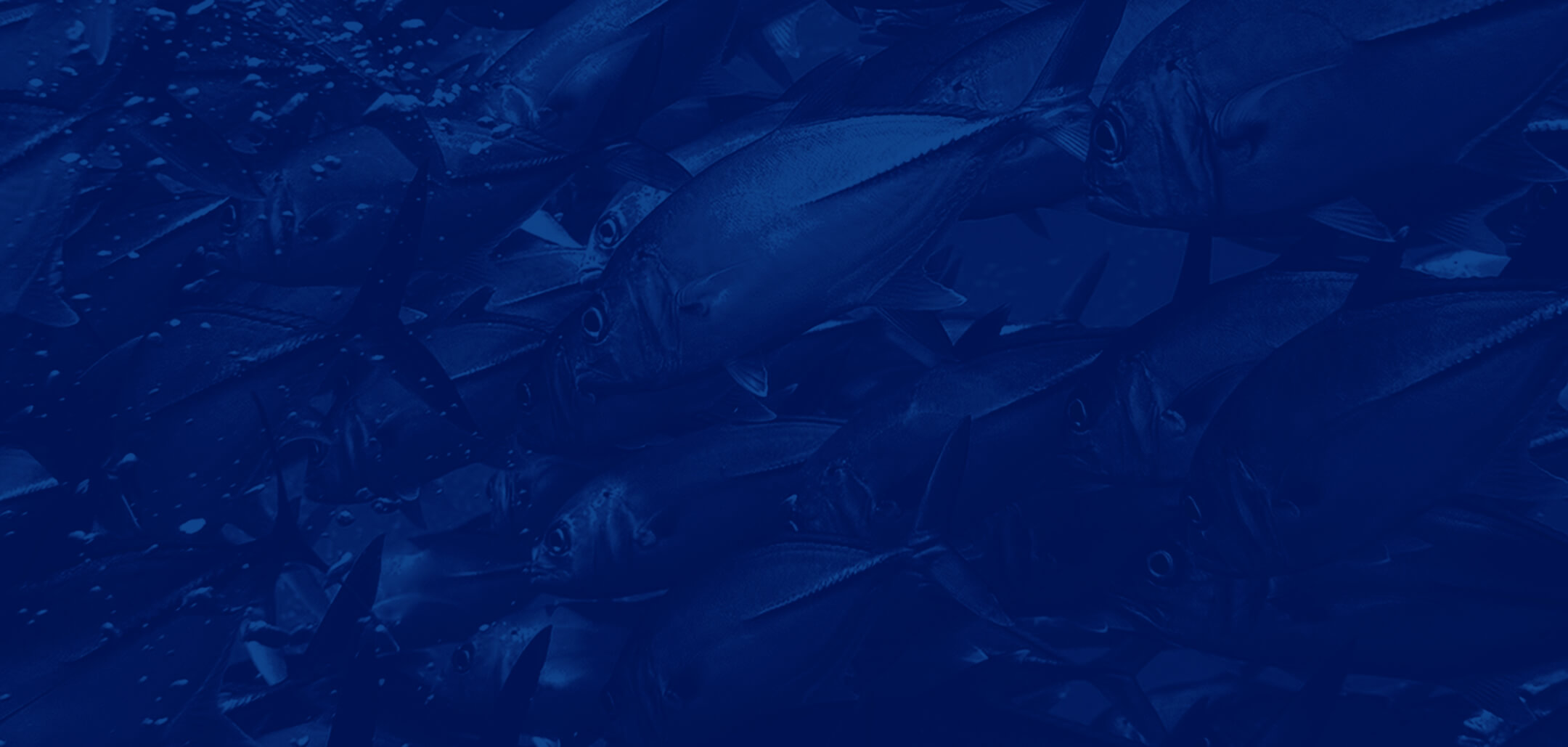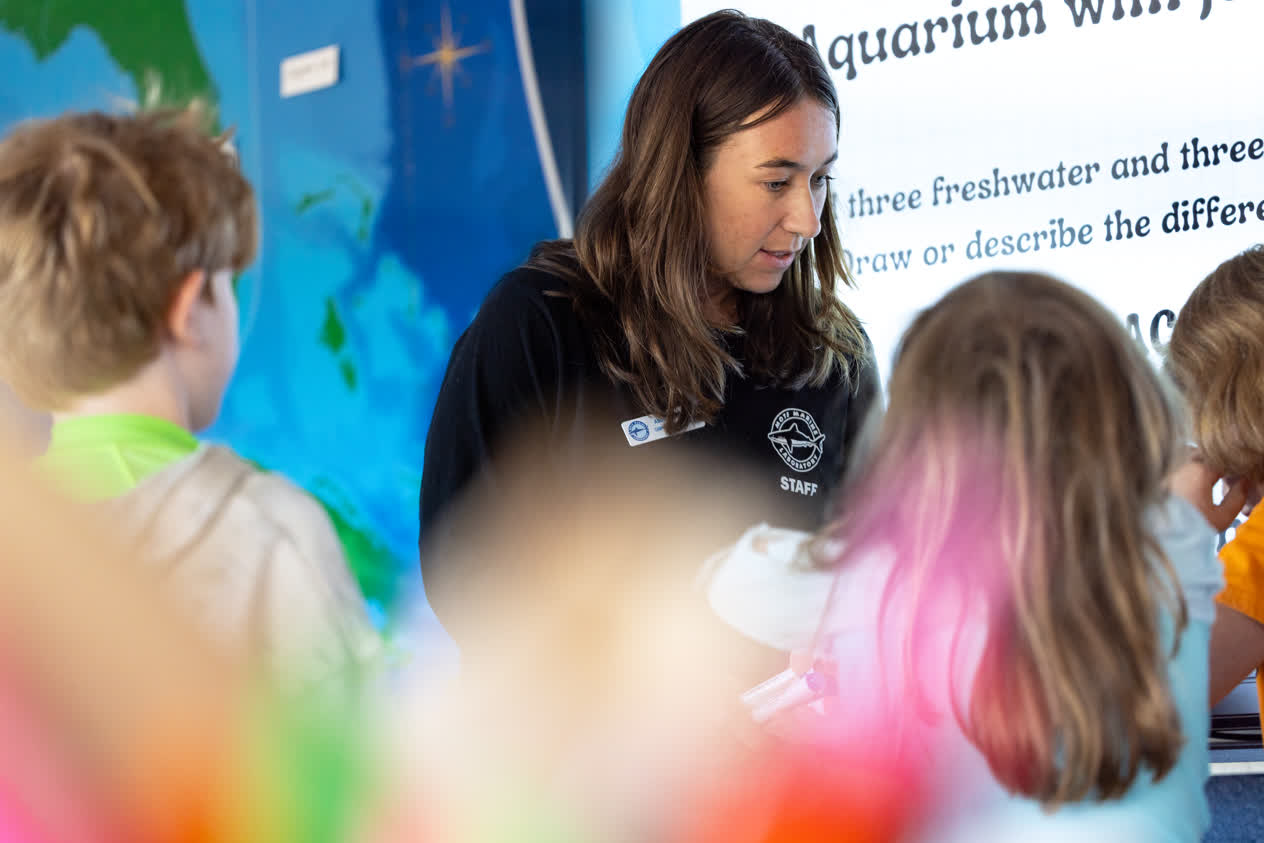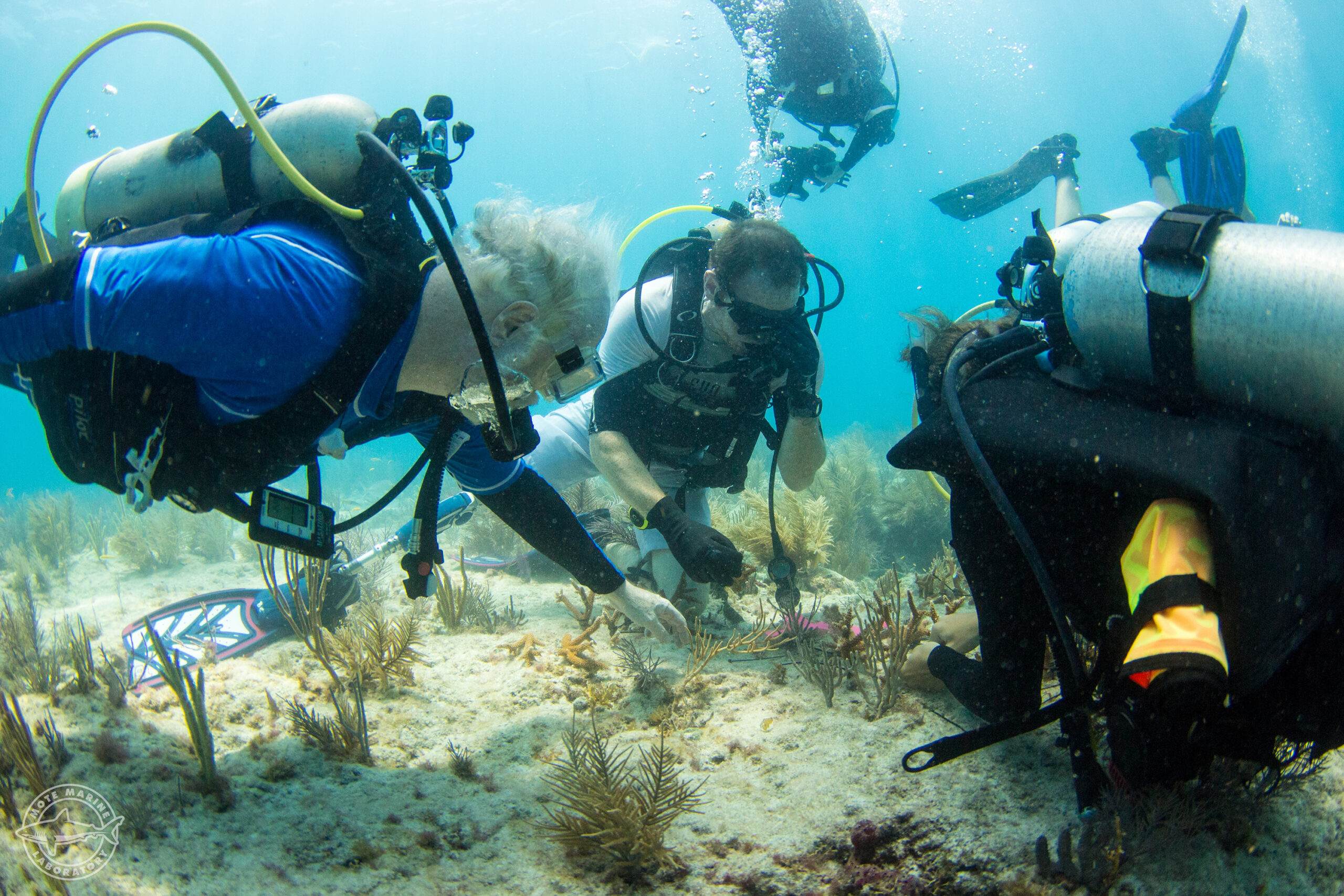Return to Coral Biobank Alliance Home
Monaco
- World Coral Conservatory: During our 2022 mission to Aldabra in the Seychelles, we managed to collect 58 coral colonies, representing 21 species, all currently hosted in European public aquariums, as the first step of the World Coral Conservatory. Those colonies are the first ones to enter the Noah’s ark of corals we will implement, using the public aquarium network all around the world. We supplied technical assistance to the mission organized by British scientists from the ZSL and Horniman Museum in the Chagos archipelago to collect and send to the UK 12 colonies of Ctenella chaguis brain corals form conservation and preservation before a potential predicted extinction in the wild.
Great Barrier Reef
- Great Barrier Reef Legacy: We have made significant inroads in collecting nearly 50% of Great Barrier Reef coral species, while also building state-of-the-art facilities to hold and maintain living coral fragments for their ultimate conservation and to make live coral, tissue samples, and genetic material available for reef research and restoration efforts.
Florida
- Mote Marine Laboratory: September 2024: In a remarkable advancement for coral conservation, Mote Marine Laboratory has successfully achieved the spawning of Eusmilia fastigiata, commonly known as smooth flower coral, with parent colonies settled just 22 months prior under managed care. Read the full announcement.
- Mote Marine Laboratory: On October 19th 2022, we successfully settled Eusmilia fastigiata larvae, a critically endangered species, and over and year later we still have recruits that are thriving. As of August 2023, Mote’s International Coral Gene Bank successfully implemented cryopreservation of coral sperm of two species that were spawned at the Gene Bank. In anticipation of the devastating summer bleaching event, Mote’s International Coral Gene Bank obtained Acropora cervicornis and Acropora palmata “founder” genotypes, those most unique within Florida’s state and practitioner-wide inventory, for preservation and protection of these important genotypes. Through its partnership with the CBA and AVID ID, Mote’s International Coral Gene Bank has developed a technique for using RF ID tags for coral fragment identification, streamlining the process of tracking important genotypes.




